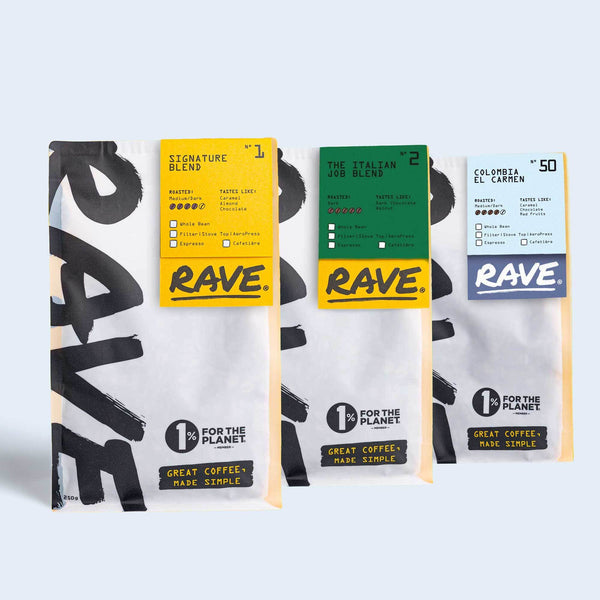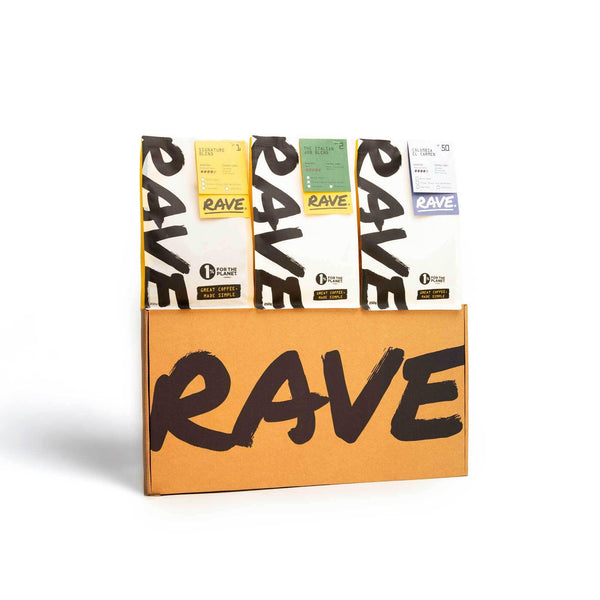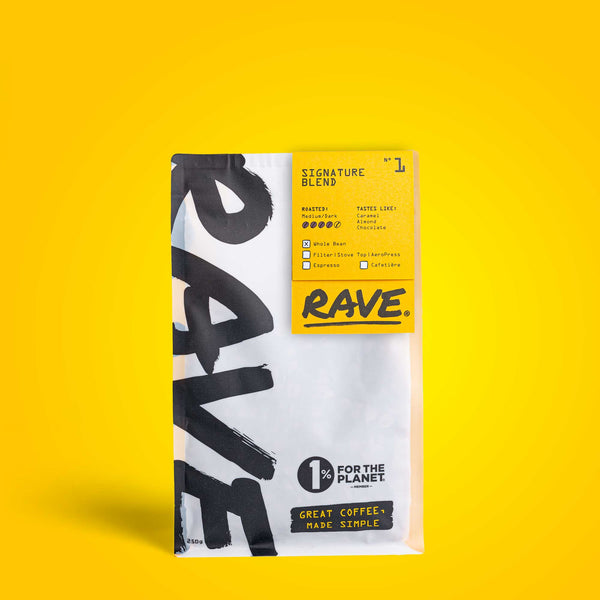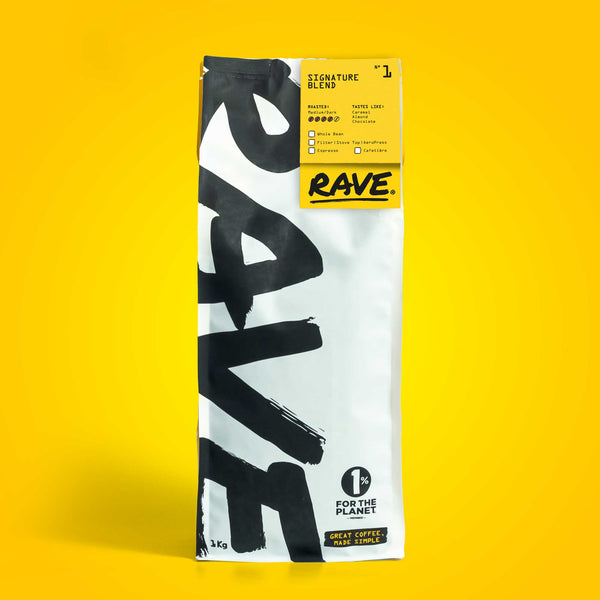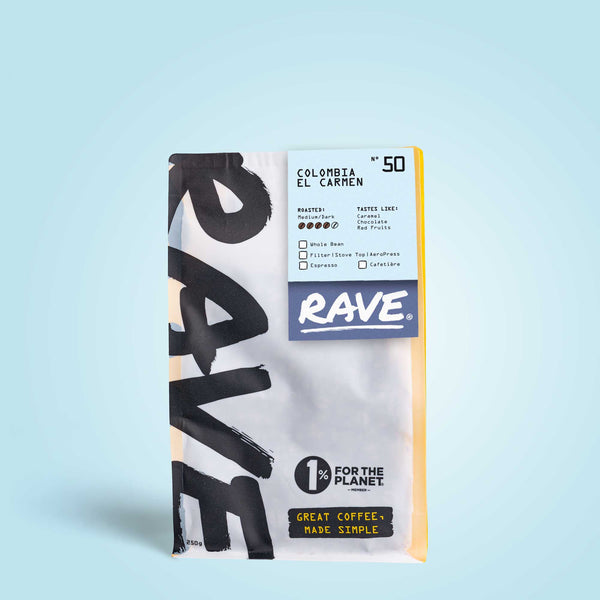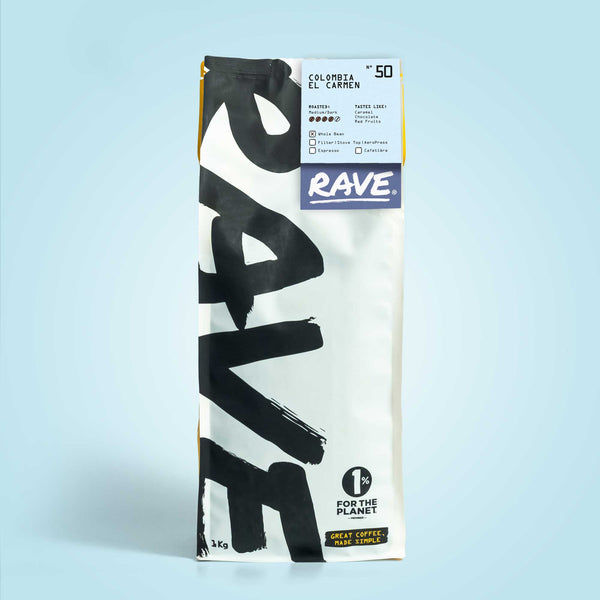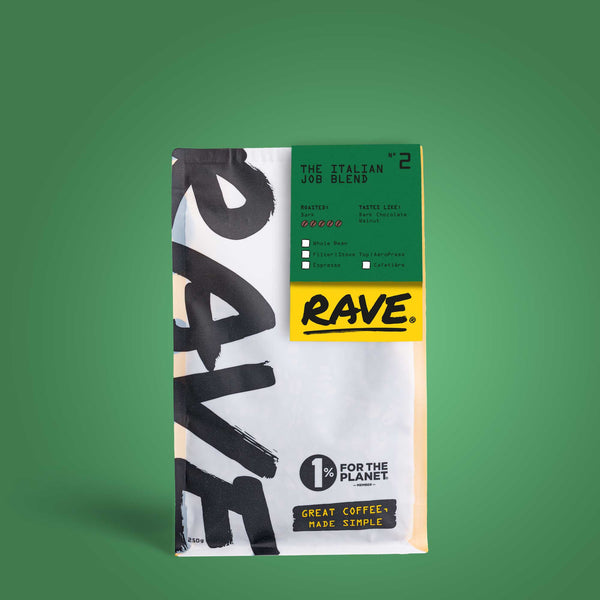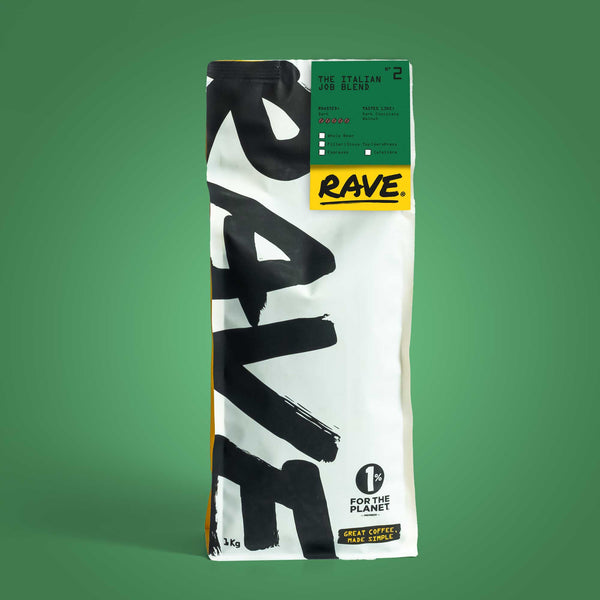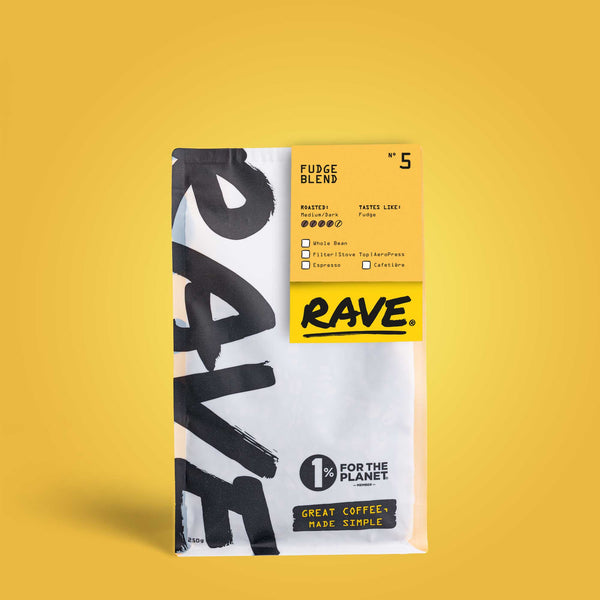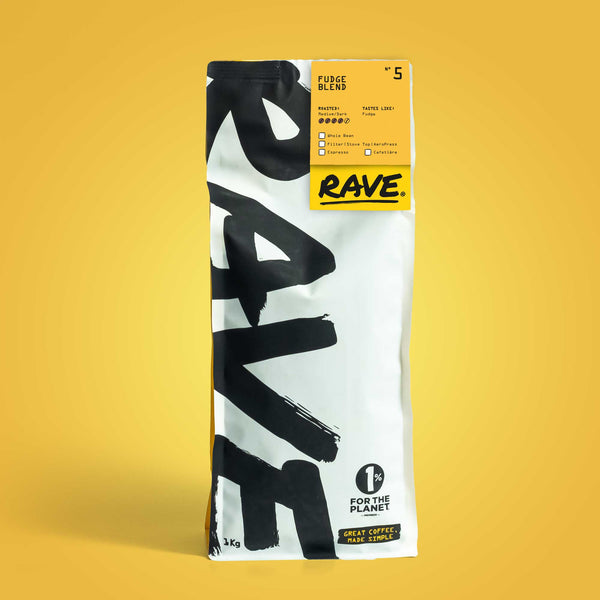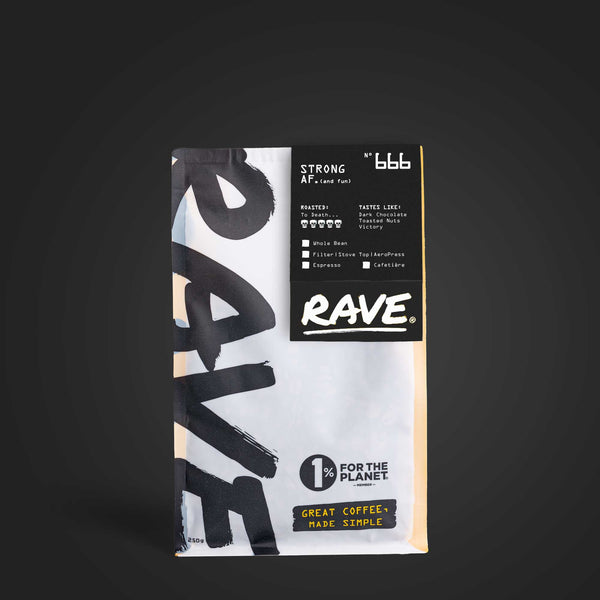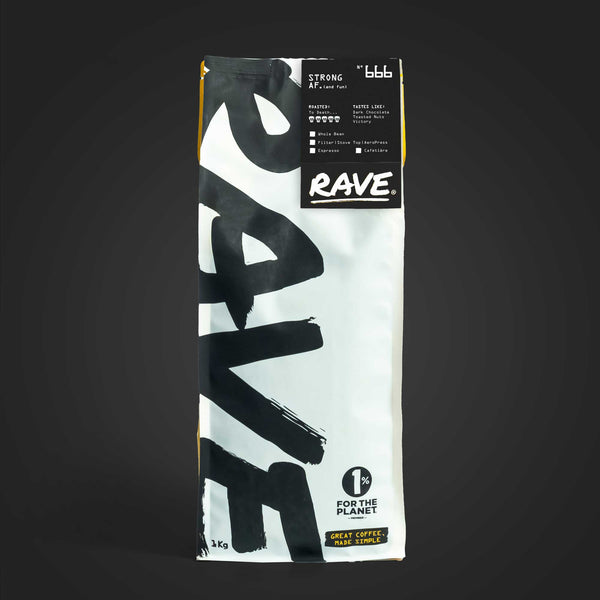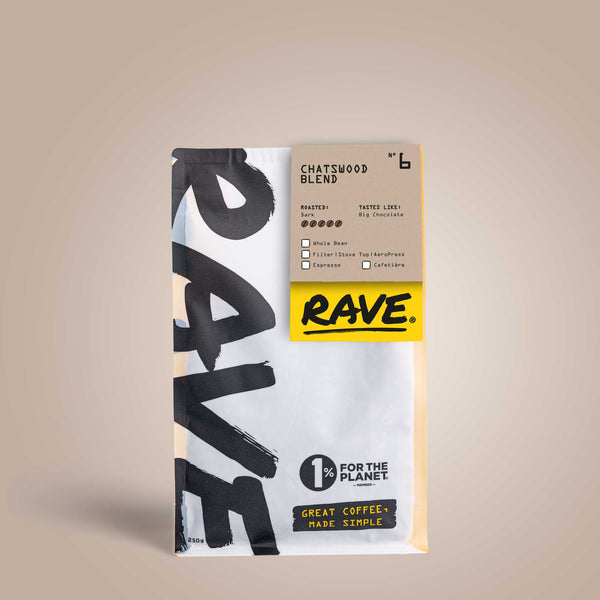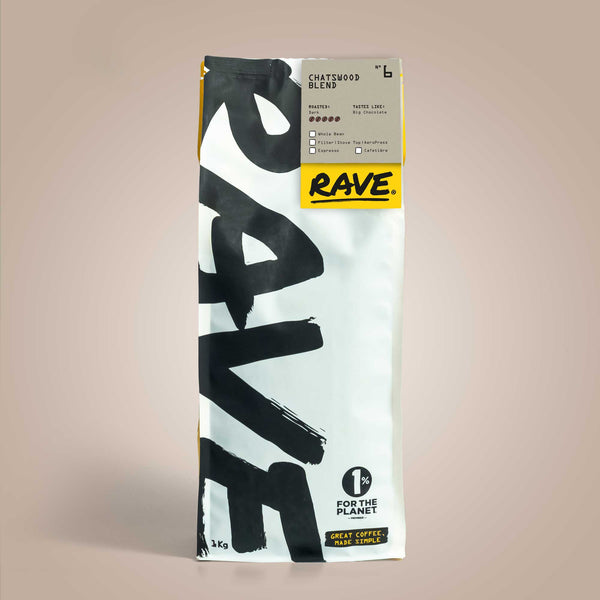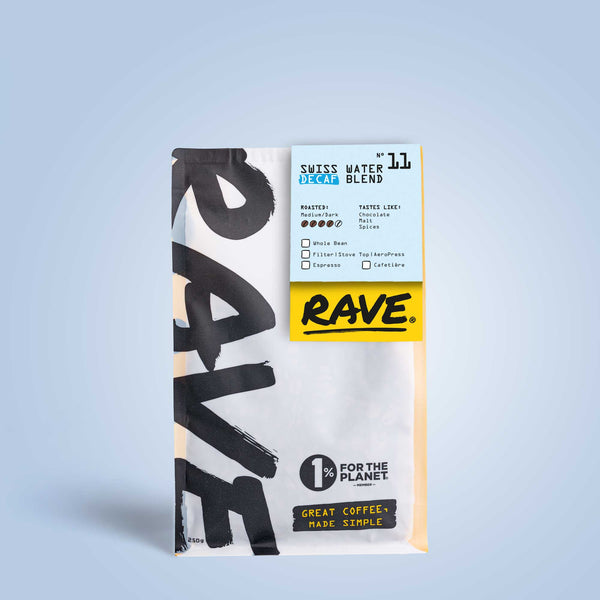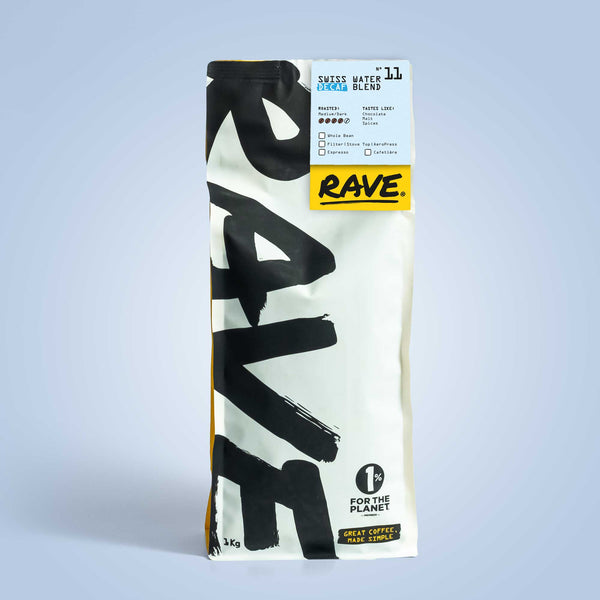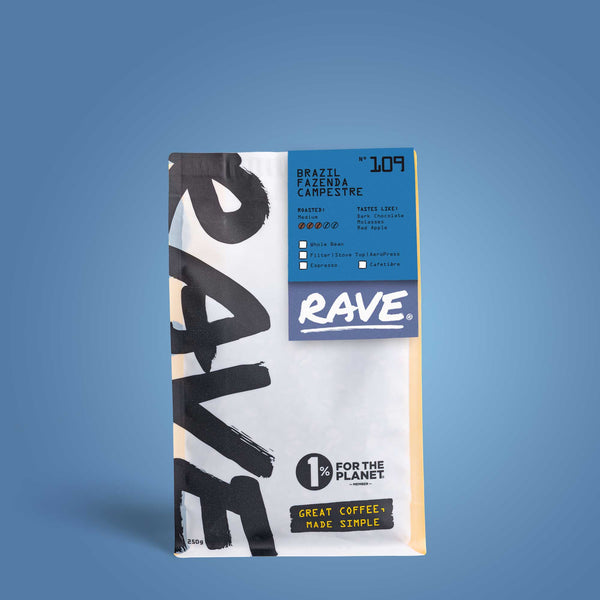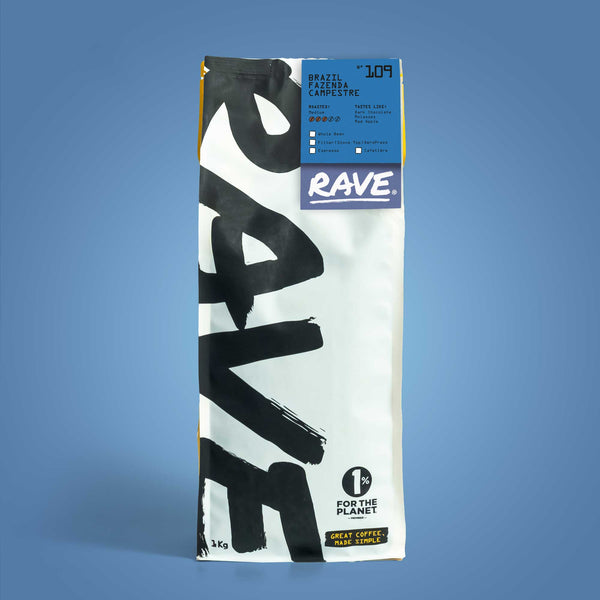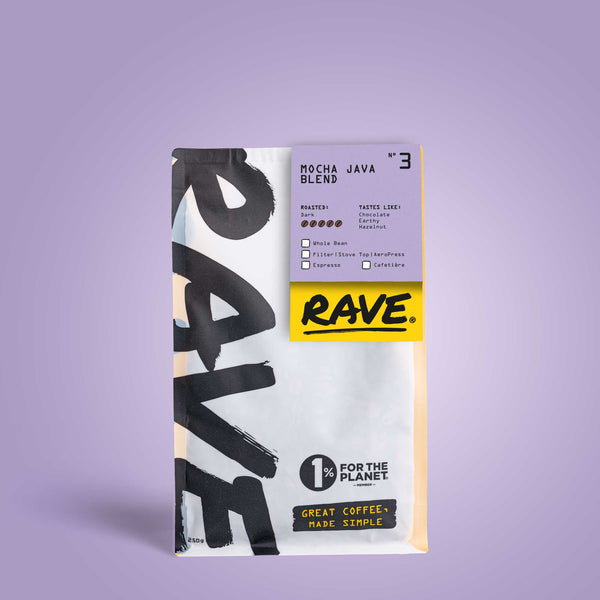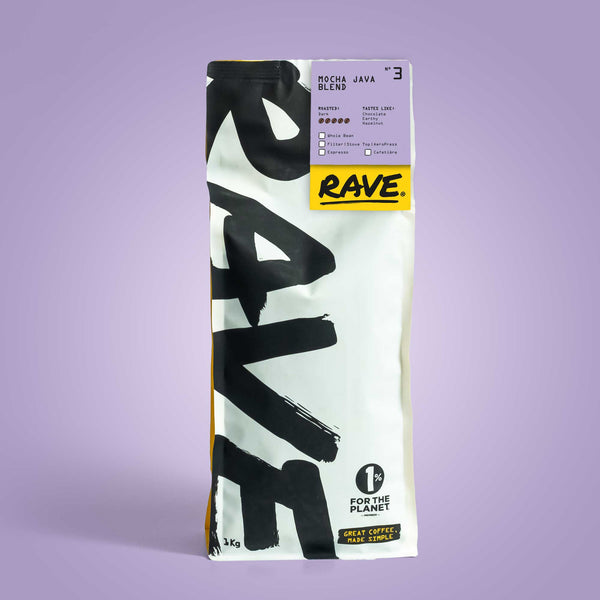- 🏆 Exclusive
- 🌟 New release
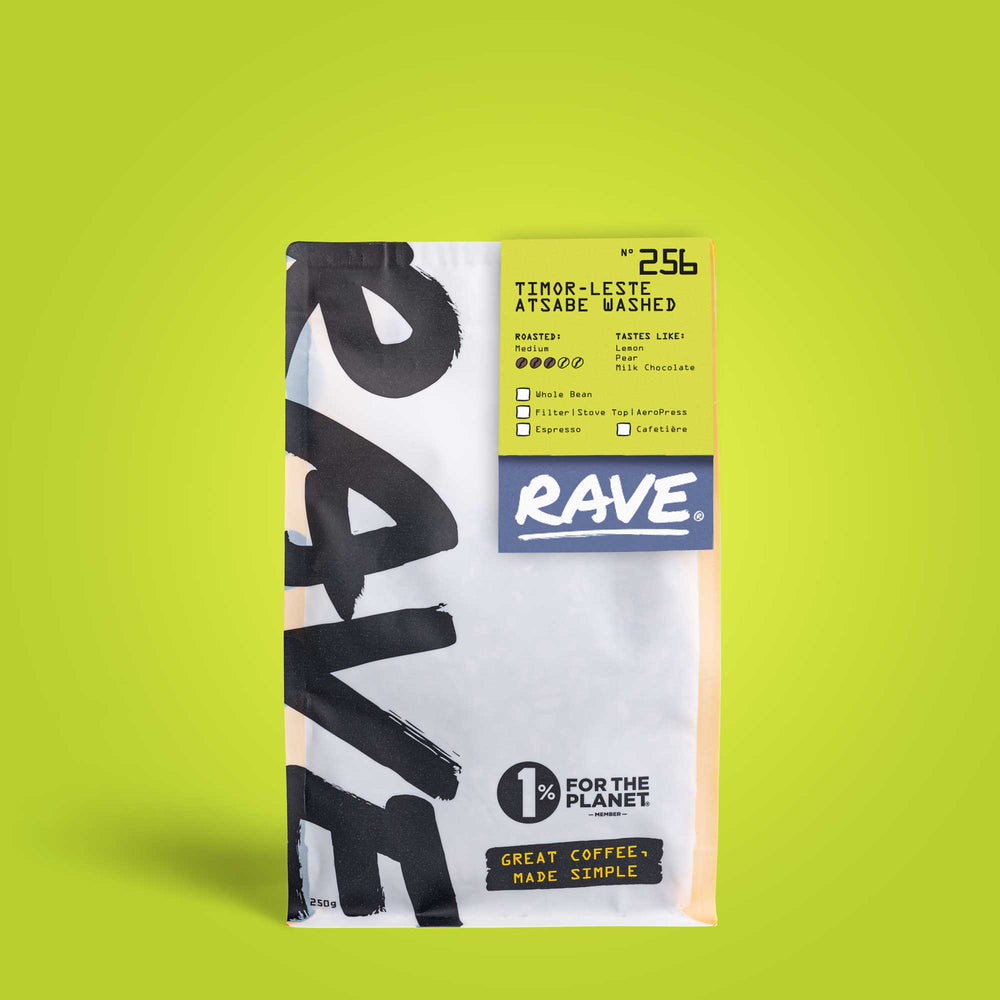






Timor-Leste Atsabe Nº 256

Tastes Like:
Lemon, Pear, Milk Chocolate
Roast:
This coffee from the remote coffee growing communities of Timor-Leste is processed using the more traditional washed process. The result is a clean, crisp Read more
About Timor-Leste Atsabe Nº 256
This coffee from the remote coffee growing communities of Timor-Leste is processed using the more traditional washed process.
The result is a clean, crisp and sweet coffee that suits many brew styles. This coffee has had one of the longest journey’s on its way to Rave - but the quality of these beans show no signs of the arduous trip!
- Free delivery on orders over £25
- Roasted fresh to every order 🔥
- Dispatched next working day 📆
- 100% recyclable packaging 🟢
Delivery information
Roasted & dispatched the next working day with Royal Mail Tracked service.
Order Value
£0.00 - £9.00 = £2.95
£9.01 - £20.00 = £3.75
£20.01 - £24.99 = £3.95
£25+ = Free UK Shipping
Join our coffee club
And get the newest coffees delivered straight to you every month!
How our subscribe & save works;

You have complete control...
Change products, delivery dates or cancel with the click of a button.

No unexpected deliveries or charges...
We'll send you an e-mail before every delivery in case you want to change anything.

10% off all orders...
We’ll reward your commitment to great coffee with a 10% discount on every order.
Timor-Leste
Washed
Smallholders
Atsabe, Ermera
1400m - 1600m
Hibrido de Timor, Moka, Typica
The region is remote and the altitudes difficult to scale. But the building of more washing stations in recent years has enabled more speciality coffee to be produced, where the process of cherry pulping, fermenting and drying can be carefully controlled to ensure the best coffees are prepared for export.
This washed process lot is comprised of freshly picked cherries that are floated and sorted to separate the fruit by density. These are then hand-sorted, pulped and fermented for 16 - 24 hours. Drying takes place on raised beds, and regular turning takes place to ensure good airflow and even sun contact for up to 20 days.
Ash says...
Clean, bright and delicate
Best-Sellers
best selling Coffee
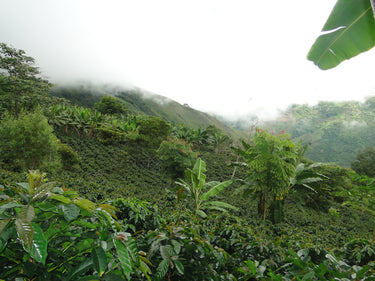
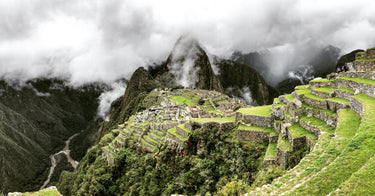

We’re a member of 1% For The Planet. So, whether we make a profit or not, we will donate 1% of all sales to environmental causes. That's coffee with a conscience.









